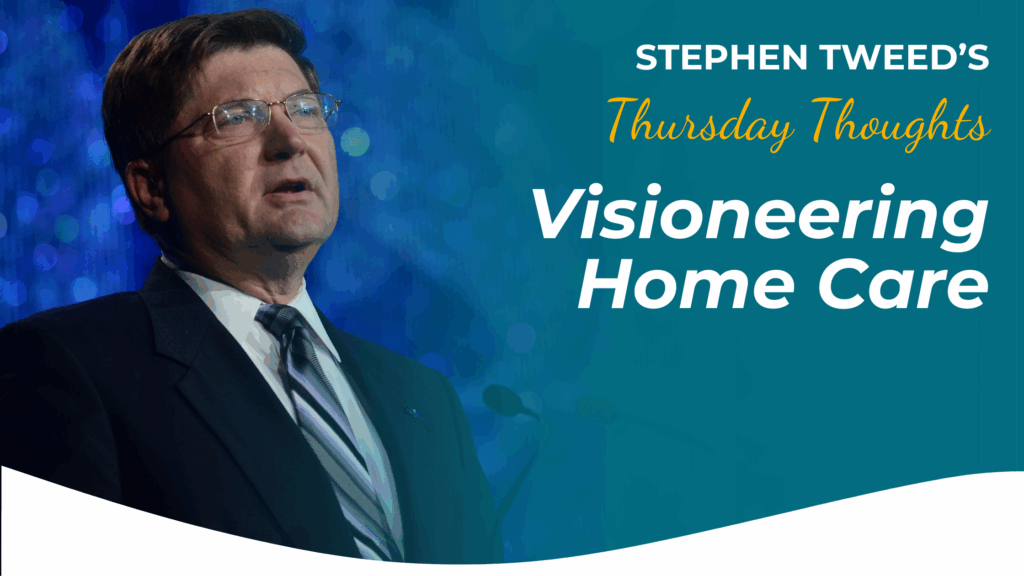By Elizabeth E. Hogue, Esq.
In Gardner v. CLC of Pascagoula, LLC d/b/a Plaza Community Living Center; Case No. 17-60072 in the U.S. Court of Appeals for the Fifth Circuit, June 29, 2018; the Court decided that providers may be responsible for sexual harassment of employees by patients when providers knew or should have known of the conduct and fail to take immediate correction action. In this case, a Certified Nursing Assistant (CNS) claimed that an assisted living facility (ALF) failed to prevent a resident’s repeated harassment.
A resident of the ALF; who was diagnosed with dementia, traumatic brain injury, personality disorder with aggressive behavior, and Parkinson’s disease; had a reputation for groping female employees and other patients and becoming physically aggressive when reprimanded. The resident would sexually assault female caregivers by grabbing their “breasts, butts, thighs, and try[ing] to grab their private areas.” He asked for explicit sexual acts and made lewd comments to female staff “all the time.”
The CNA experienced these behaviors every day and regularly documented them in the resident’s chart and made complaints to supervisors. The Administrator of the ALF told the CNA to “put [her] big girl panties on and go back to work.” The CNA ultimately refused to provide further care for the resident after she sustained injuries caused by the resident. She was fired for insubordination. The resident was ultimately transferred to an all-male, lockdown facility that the ALF also owned.
The Court first affirmed that sexual harassment must be severe and pervasive in order to conclude that there is harassment. The Court then acknowledged “the difficult line-drawing problem of what separates legally actionable harassment from conduct that one should reasonably expect when assisting people suffering from dementia.” In other words, the Court acknowledged that some individuals cannot conform their conduct to societal norms. The Court then concluded that the ALF failed to take appropriate action under the circumstances.
What should providers do when caregivers are subjected to repeated sexual harassment and assaults by patients? Home care staff members are arguably even more vulnerable with regard to inappropriate sexual conduct than caregivers who work in institutional settings. Home care providers, therefore, must take this issue especially seriously.
First, providers must require caregivers, through their policies and procedures, to document each instance of patients’ inappropriate sexual conduct and insist that they do so. Anecdotally, some caregivers seem to think that they have to put up with whatever patients dish out. They don’t!
Management must take repeated instances of sexual harassment by patients seriously. No more “big girl panties!” Specifically, management must talk with patients and their primary caregivers to let them know that such conduct is unacceptable and document that they have done so.
The next step is for management to ensure that patients who engage in inappropriate sexual conduct are thoroughly evaluated clinically. Is there a clinical basis for patients’ inappropriate conduct? Are patients taking medications that may lower inhibitions? Will medication(s) help to mitigate patients’ conduct? Recommendations based on clinical evaluations must be promptly implemented.
If patients’ conduct has not changed after these steps have been taken, they must be discharged consistent with providers’ policies and procedures on discharge.
Based upon this Court decision, it is clear that providers may have liability for the sexual harassment of their staff members. Providers simply must take patients’ inappropriate sexual conduct seriously.
©2019 Elizabeth E. Hogue, Esq. All rights reserved.




